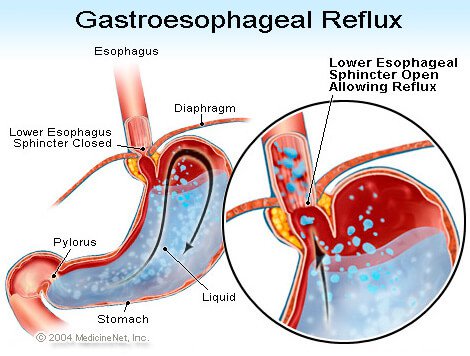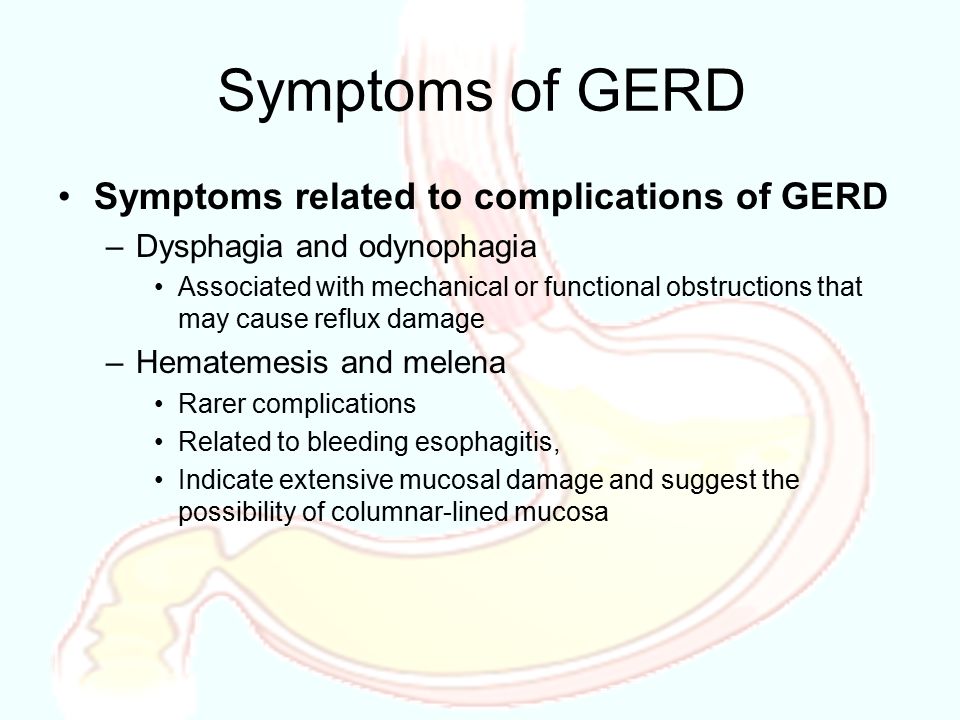
What are the symptoms of trouble swallowing? When people have trouble swallowing food and drinks they may experience a variety of symptoms. The most common symptoms of gastro-esophageal cancers are difficulty swallowing, including a feeling of discomfort in the chest area. These symptoms often occur with a sudden increase in discomfort in the chest area, with a noticeable rise in pain in swallowing.
Two other common symptoms are heartburn and regurgitation. Heartburn can cause a burning sensation, chest pain, and difficulty swallowing. If you feel that you are belching food, swallow slowly so that the food is more easily absorbed. If that doesn't work, your doctor may want to do an endoscopy (a small camera that is inserted into the esophagus). Endoscopy is an invasive procedure that can be painful for some people. In this case, your doctor will most likely recommend surgery to remove the malignant growth in the esophagus.
Regurgitation symptoms include chest pain, pain when swallowing, or regurgitation. The pain increases with prolonged fluid intake, causing chest discomfort. If regurgitation occurs more than once, you should seek immediate medical attention.
Spitting up can also cause pain while eating. If the regurgitation persists, it can become chronic and cause inflammation of the esophagus. If you experience any of these symptoms, seek immediate medical attention to relieve pain.
Regurgitation and pain when swallowing can be confused with some other medical conditions. If you experience regurgitation when you do not have stomach cramps or if you have had a fever in the past, seek immediate medical attention because these are common symptoms of gastroesophageal cancer.
Gastroesophagitis is a disease of the digestive system that causes inflammation of the stomach lining. Symptoms of this disorder include frequent vomiting, nausea, and bloating.

As mentioned earlier, pain when swallowing can be confused with other common symptoms of the condition, such as heartburn or regurgitation
If you have frequent heartburn while eating, you should see your doctor to determine if heartburn is caused by this condition. If you have frequent regurgitation of food, you should see your doctor, as regulation may be a symptom of GERD.
In general, it's very difficult to diagnose gastro esophagitis. In order to know for sure if you have GERD, the physician will need to run several tests to determine the exact cause of the problem. In most cases, surgery is the only way to go. When choosing this type of treatment, you'll need to be aware of the various symptoms of this condition. Once you understand what these symptoms are, your doctor can help you decide if the condition is severe enough for surgery.
Although most people tend to think that when they feel pain during eating, they have heartburn, they should also be aware that there are other possible symptoms as well. Many people will experience pain while swallowing but not experience heartburn at the same time. This is referred to as dysphagia and should be evaluated by a doctor.
Symptoms of this condition often occur in the back of the throat and may include sore throat and coughing. Sometimes the pain may occur even before the individual swallows anything. Although this is uncommon, people who experience regurgitation of food or regurgitation while swallowing should visit a physician as soon as possible.
If the pain continues even after a doctor has diagnosed the disease, then it's best to seek medical attention immediately. If you do not eat for an extended period of time, then you may have a problem. If you have pain while swallowing, then you should stop eating. If you have difficulty swallowing food and regurgitation, then you should avoid consuming large meals or drinks.
If you experience symptoms of gastroesophageal reflux, then it's important to find a treatment program that can get rid of the symptoms along with the gastro esophagitis. There are many different programs available and the most effective ones can treat the whole problem at once.